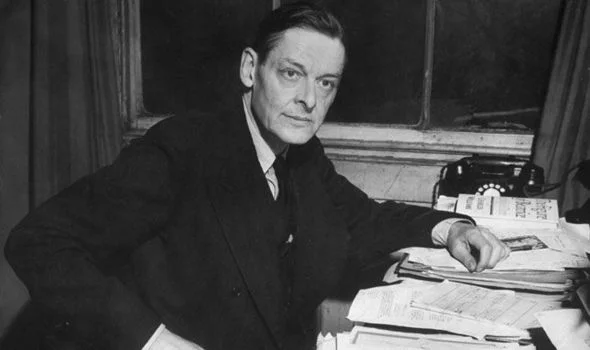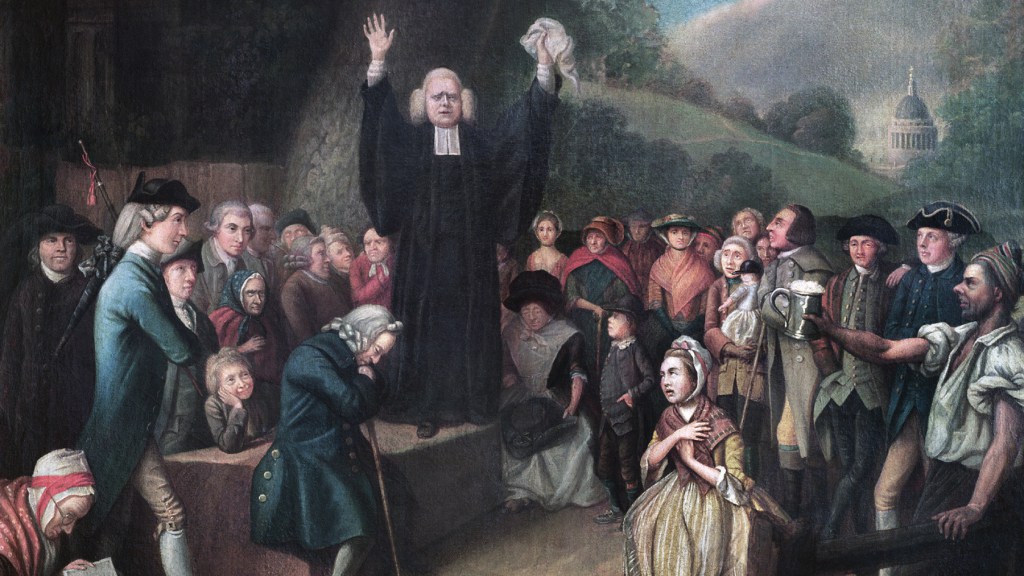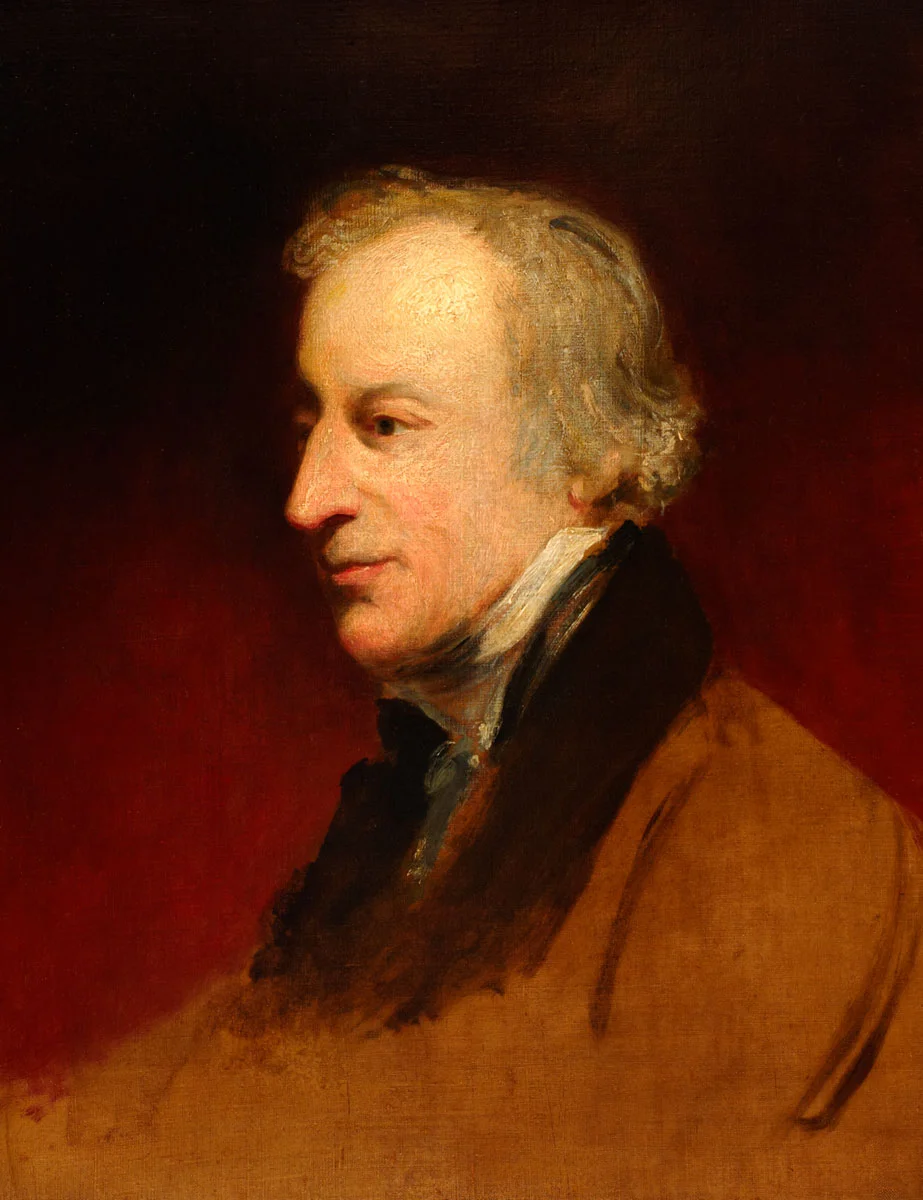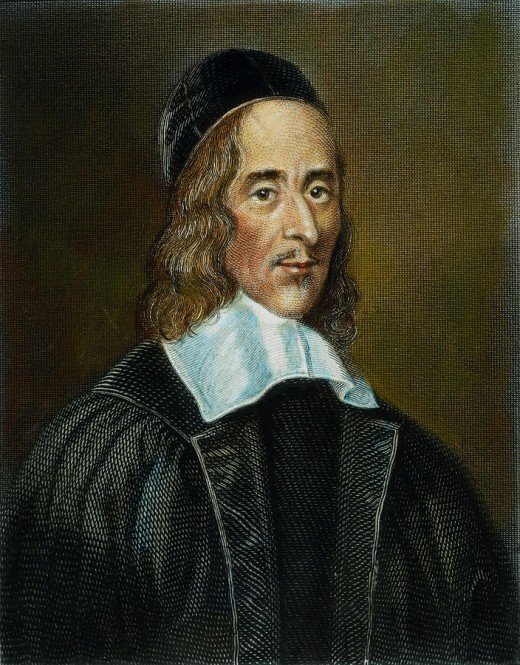April 21, 1926 – September 8, 2022
Royal
From Mayfair, London
Served in the United Kingdom
Affiliation: Anglican
“As darkness falls on the Saturday before Easter day, many Christians would normally light candles together. In church, one light would pass to another, spreading slowly and then more rapidly as more candles are lit. It’s a way of showing how the good news of Christ’s resurrection has been passed on from the first Easter by every generation until now.”
Queen Elizabeth II had a strong Christian faith, evident throughout her life in her words and actions. As well as her formal role as 'Defender of the Faith and Supreme Governor of the Church of England', which came with monarchy, her personal faith was evident even before she was crowned.
'Pray for me … that God may give me wisdom and strength to carry out the solemn promises I shall be making, and that I may faithfully serve Him and you, all the days of my life.’
That was the prayer request made by Queen Elizabeth II in her first Christmas broadcast in 1952. Her father, King George VI, had died on 6 February 1952. Princess Elizabeth and the Duke of Edinburgh were in Kenya as she acceded to the throne. She was crowned Queen 18 months later on 2 June 1953 at Westminster Abbey, London.
Her Christmas broadcasts to the Commonwealth are among the few speeches she writes herself. They frequently refer to Jesus Christ, the founder of Christianity, whose birth is celebrated at Christmas. Alongside her official role as head of the Church of England, the Queen expresses a personal faith in Jesus Christ. As she said in her Christmas broadcast in December 2000: ‘For me the teachings of Christ and my own personal accountability before God provide a framework in which I try to lead my life.’
The Queen was crowned in a deeply symbolic church service devised in AD 973 and including prayers and a service of Holy Communion. The orb, sceptre, ring and crown used in the ceremony each include a cross to symbolise the rule of Jesus Christ over the world. Even though the crown jewels are set with many of the world’s most valuable gems, a Bible is presented during the coronation and described as ‘the most valuable thing that this world affords’.
The most sacred moment at the heart of the ceremony is the anointing, when the symbols of royal status are removed. The Queen, sitting under a canopy to hide the sacred moment from the cameras, was dressed in a simple white dress with no jewels or crown. As the Archbishop anointed her with oil, the prayers said over her invited God’s Holy Spirit to set her apart as God’s servant. Christians believe that God’s anointing fills his people with his love and empowers them to follow him.
The theme of service runs throughout the coronation and, during the Queen’s long reign, she has been inspired by the sacrificial life of Jesus Christ, who said of himself: he ‘did not come to be served, but to serve’.
‘For me the teachings of Christ and my own personal accountability before God provide a framework in which I try to lead my life.’
In 2008 the Queen said: ‘I hope that, like me, you will be comforted by the example of Jesus of Nazareth who, often in circumstances of great adversity, managed to live an outgoing, unselfish and sacrificial life … He makes it clear that genuine human happiness and satisfaction lie more in giving than receiving; more in serving than in being served.’
The Bible story the Queen refers to most often emphasises this theme of service. In four of her Christmas broadcasts she has talked about the parable Jesus told of a ‘Good Samaritan’.
In 1985 she said the story ‘reminds us of our duty to our neighbour. We should try to follow Christ's clear instruction at the end of that story: "Go and do thou likewise".’
In 1989 her reference to the story reflects the influence of her husband, the Duke of Edinburgh, who shared her practical Christian faith and sense of duty. She said, ‘Many of you will have heard the story of the Good Samaritan, and of how Christ answered the question (from a clever lawyer who was trying to catch him out) "who is my neighbour?".
‘Jesus told of the traveller who was mugged and left injured on the roadside where several important people saw him, and passed by without stopping to help. His neighbour was the man who did stop, cared for him, and made sure he was being well looked after before he resumed his own journey.
‘It's not very difficult to apply that story to our own times and to work out that our neighbours are those of our friends, or complete strangers, who need a helping hand. Do you think they might also be some of the living species threatened by spoiled rivers, or some of the children in places like Ethiopia and Sudan who don't have enough to eat? … it would be splendid to think that in the last years of the twentieth century Christ's message about loving our neighbours as ourselves might at last be heeded.’
In 2004 she returned again to the same parable and, most recently, in her 2020 broadcast on Christmas Eve from Windsor Castle, where she had been isolating with Prince Philip due to the Covid-19 pandemic, she said: ‘We continue to be inspired by the kindness of strangers and draw comfort that - even on the darkest nights - there is hope in the new dawn. Jesus touched on this with the parable of the Good Samaritan. The man who is robbed and left at the roadside is saved by someone who did not share his religion or culture. This wonderful story of kindness is still as relevant today. Good Samaritans have emerged across society showing care and respect for all, regardless of gender, race or background, reminding us that each one of us is special and equal in the eyes of God.’
Continued below...
Christianity Queen Elizabeth's faith
As well as talking about her faith and attending church services in an official capacity, the Queen worships privately each Sunday and relies on the prayers of her people. In 1992, in a speech to mark the 40th anniversary of her accession, she thanked all those who had prayed for her and said that those prayers ‘sustained me through all these years’.
Her personal faith also prompts her to work for peace and reconciliation internationally and in her own family. In 2011 she said, ‘Forgiveness lies at the heart of the Christian faith. It can heal broken families, it can restore friendships and it can reconcile divided communities. It is in forgiveness that we feel the power of God’s love.’
Although Prince Philip’s uncle, Earl Mountbatten, had been assassinated by the IRA, the Queen shook hands with Sinn Fein's Martin McGuinness in a gesture seen as a vital step in securing reconciliation between nationalists and unionists in the troubled Northern Ireland.
Throughout her long life, Christ’s example and teaching have been seen acted out in the dutiful and faithful life of our servant-hearted Queen.
Closer to home, in 2021 when her own family life was rocked by an interview given by Prince Harry and his wife Meghan, she responded with that same spirit of love and forgiveness saying, ‘Harry, Meghan and Archie will always be much-loved family members.’
In 2012 she concluded her Christmas broadcast by praying for her people and inviting a practical, servant-hearted response to Jesus Christ’s message of love:
‘This is the time of year when we remember that God sent his only son “to serve, not to be served”. He restored love and service to the centre of our lives in the person of Jesus Christ. It is my prayer this Christmas Day that his example and teaching will continue to bring people together to give the best of themselves in the service of others. The carol, “In the Bleak Midwinter” ends by asking a question of all of us who know the Christmas story, of how God gave himself to us in humble service:
What can I give him, poor as I am?
If I were a shepherd, I would bring a lamb;
if I were a wise man, I would do my part…
‘The carol gives the answer, 'Yet what I can I give him – give my heart'.
Throughout her long life, Christ’s example and teaching have been seen acted out in the dutiful and faithful life of our servant-hearted Queen. It seems that her prayer from the start of her reign has been answered.
This article is not our work. It can be found here.





























